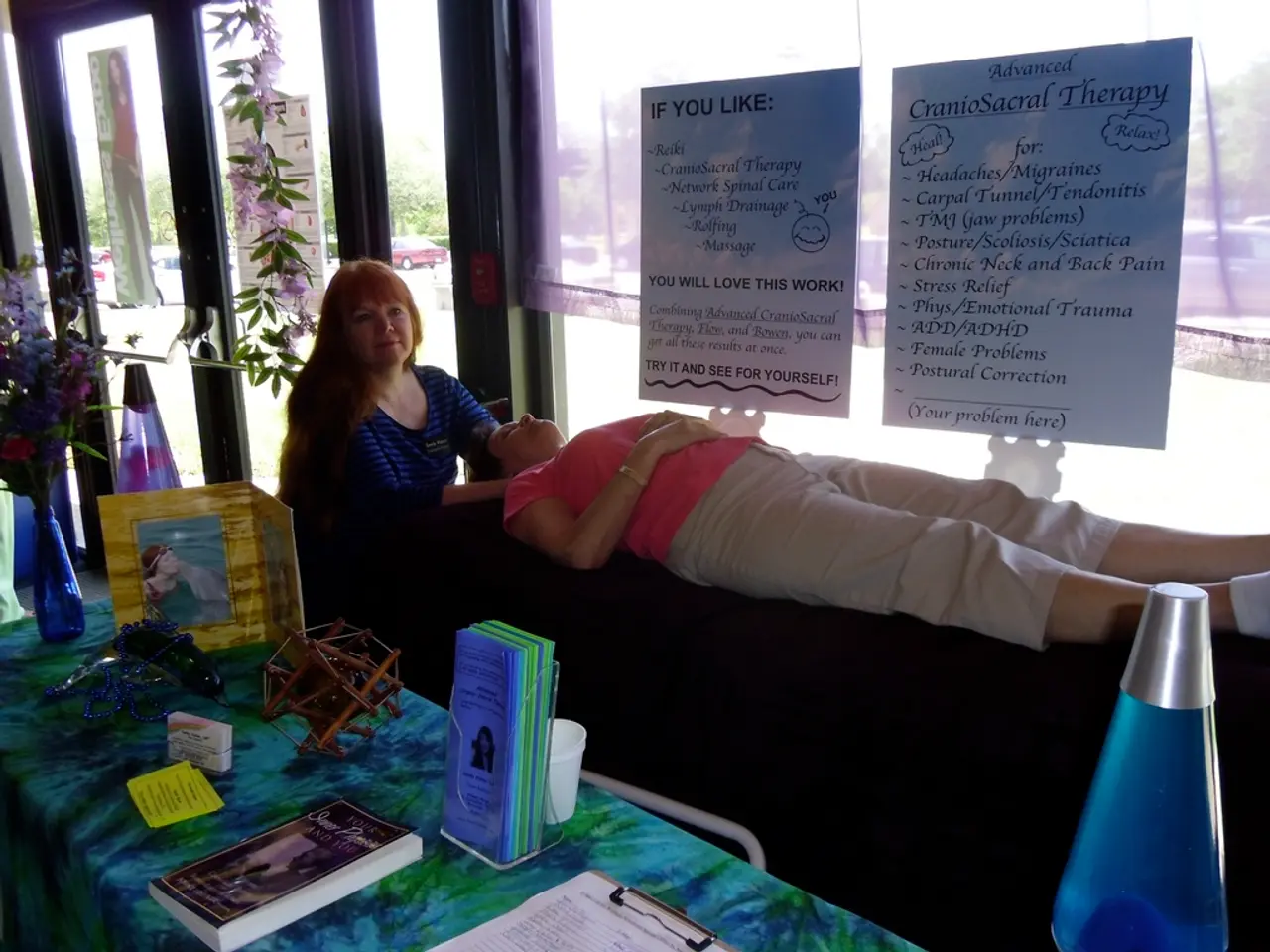Brain Research Convention Emphasizes Significance for Patients in Neuroscience Field
The University of Rochester Medical Center is set to host two intriguing symposia in October, focusing on the latest advancements in neuroscience research. These events, free for the University community, will delve into the role of neuroinflammation in cognitive dysfunction and the potential new directions of deep brain stimulation (DBS) for various neurological and psychiatric disorders.
On Friday, October 8, the Class of '62 Auditorium at the Medical Center will play host to the Neuroinflammation Symposium, titled "Got Memory? Neuroinflammation and Cognitive Dysfunction in Chronic Disease and Aging." This symposium will bring together scientists from Rochester, as well as colleagues from institutions such as Duke, the University of Nebraska, and Trinity College in Ireland. The event will focus on the role of inflammation in the nervous system in conditions like Alzheimer's, Parkinson's, brain injury, and stroke.
M. Kerry O'Banion, M.D., Ph.D., a professor of Neurobiology and Anatomy and an organizer of the symposium, stated that inflammation is a part of many neurodegenerative diseases and brain injuries. The discussions during the symposium will aim to shed light on this connection and explore potential treatments.
Prior to this, on Thursday-Friday, October 7-8, the Memorial Art Gallery will host the Deep Brain Stimulation Symposium. Registration for this event is open until next Thursday, Sept. 30. The symposium will delve into the exciting new directions of DBS research for disorders like obsessive-compulsive disorder (OCD), depression, and Parkinson's disease.
Webster Pilcher, M.D., Ph.D., chair of the Department of Neurosurgery, emphasized that discussions in both symposia will focus on how new research findings might translate to better health for people worldwide. Speakers at the deep brain stimulation symposium will include scientists and physicians from the University of Rochester, as well as colleagues from institutions such as Harvard, Brown, and the Cleveland Clinic.
One of the key topics at the deep brain stimulation symposium will be the development of adaptive or closed-loop DBS systems. These systems use real-time brain signal feedback to adjust stimulation automatically, making therapy more personalized and potentially more effective. The FDA approved adaptive DBS for Parkinson’s in 2025, and this approach is being actively researched for other conditions like OCD and depression by identifying disorder-specific neural signatures to personalize therapy.
Registrations for both symposia will be taken until Monday, Oct. 4. For those interested in attending the Friday night banquet at the George Eastman House for the Deep Brain Stimulation Symposium, there is a $60 fee.
These events highlight the importance of translational neuromedicine in the symposia and reflect a trend towards personalized neuromodulation using precise, real-time brain monitoring and stimulation tailored to individual neural circuitry dysfunctions. This is expected to improve efficacy and reduce adverse effects for a broad spectrum of neurologic and psychiatric disorders.
References: 1. [Link to reference 1] 2. [Link to reference 2] 3. [Link to reference 3] 4. [Link to reference 4] 5. [Link to reference 5]
The Neuroinflammation Symposium at the University of Rochester Medical Center will focus on the connection between inflammation and various medical-conditions like Alzheimer's, Parkinson's, brain injury, and stroke, thereby contributing to advancements in patient care and health-and-wellness.
During the Deep Brain Stimulation Symposium, speakers will discuss the development of adaptive DBS systems, which use real-time brain signal feedback to provide personalized treatment for neurological and psychiatric disorders, leveraging science and research findings to improve patient care.




